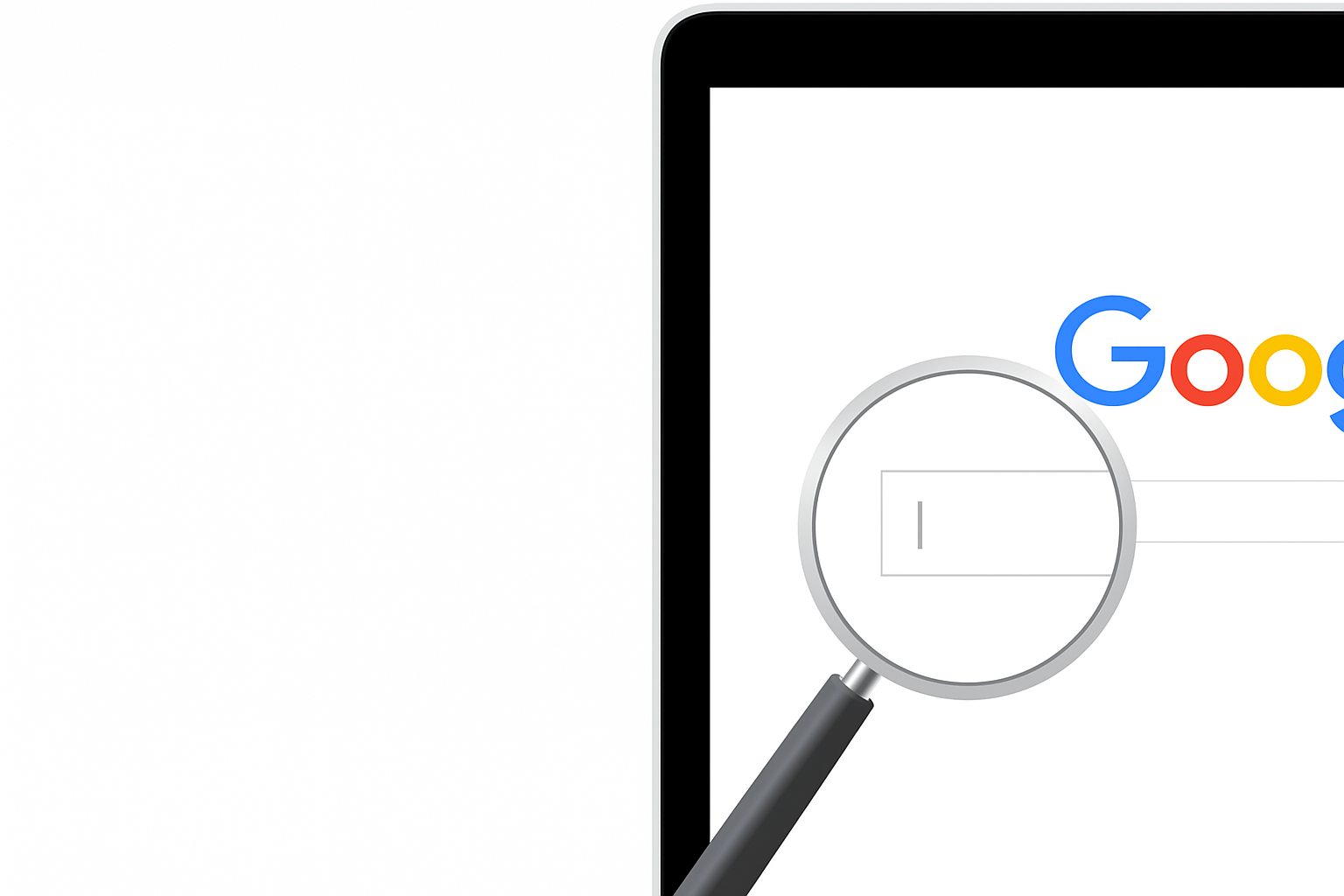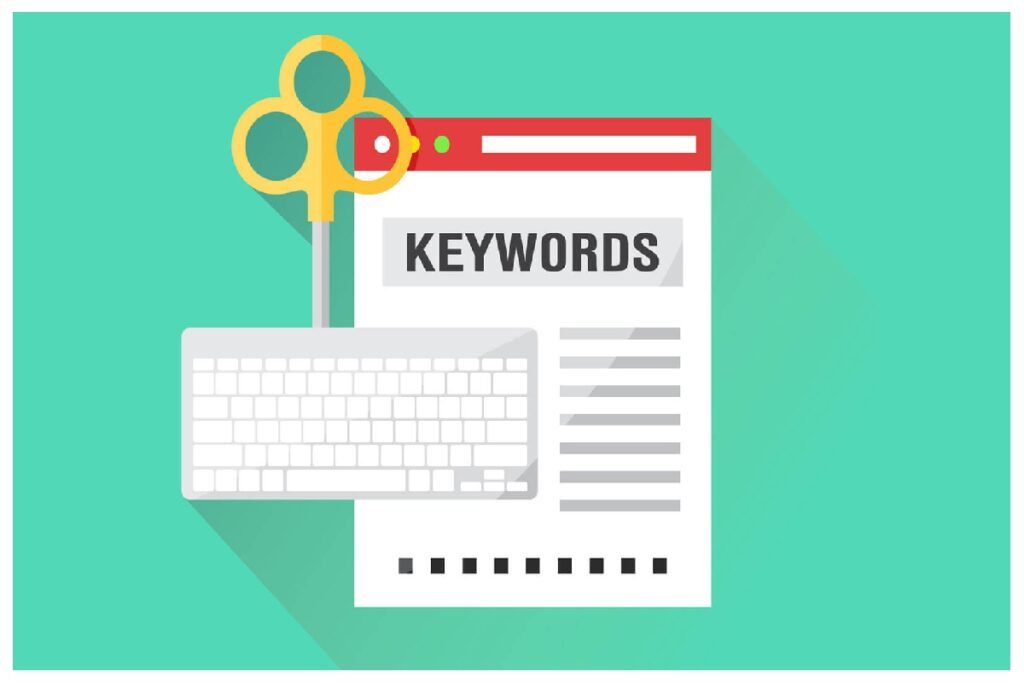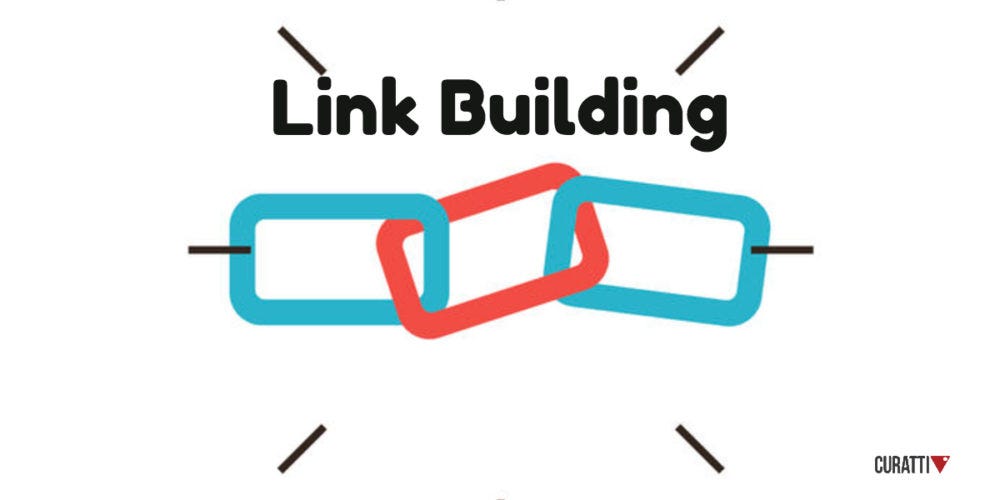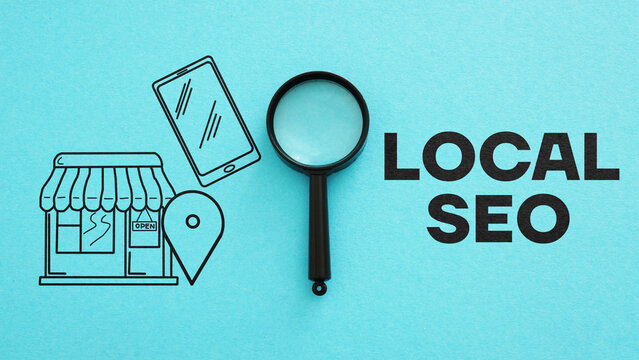Most SEO Advice Doesn’t Work – Here’s What You Should Really Do”
Ever notice how most Google ranking guides are written by people who’ve never actually had to make a living from organic traffic? They throw around fancy terms and promise instant results because they’re trying to sell you something.
Real SEO is messy. It takes time. And most of the “tricks” that worked five years ago will get your site buried today.
I learned this the hard way when I started. Bought into all the guru nonsense about exact match domains and keyword stuffing. Spent two years spinning my wheels before I figured out what Google actually wants.
What Google Really Cares About (It’s Simpler Than You Think)

Google’s job is to give people good answers to their questions. That’s it.
If someone searches for “best pizza near me,” Google wants to show them actual good pizza places, not some keyword-stuffed directory page from 2015.
So if you can answer people’s questions better than your competitors, you’ll probably rank better. Everything else is just details.
Google looks for:
- Stuff that actually helps people
- Websites that don’t suck on mobile
- Content that people stick around to read
- Businesses that seem legit and trustworthy
Forget domain authority scores and keyword density. Focus on those four things.
Finding Keywords That Don’t Waste Your Time

This is where most people screw up SEO optimization. They either target impossible keywords or keywords nobody searches for.
Like this lawyer I met who was obsessed with ranking for “attorney.” Good luck with that, buddy. Meanwhile, people in his city were searching for “DUI lawyer near me” and “car accident attorney [city]” – way easier targets that actually bring in clients.
How to Find Keywords People Actually Use
Start simple:
- Type your main topic into Google, see what autocompletes
- Look at “People also ask” – those questions are gold
- Check what your competitors rank for (just Google their name + their service)
- Ask your actual customers what they search for
Don’t overthink this. I’ve found some of my best keywords just by listening to how customers describe their problems.
Long-tail keywords are your friend because:
- Way less competition
- People searching them are ready to buy
- You can actually rank for them without a massive budget
- Easier to write good content around specific problems
Content That Doesn’t Put People to Sleep
Most business websites read like they were written by committee. Bland, generic, stuffed with keywords that make no sense in context.
Stop that. Write like you’re talking to someone.
My Simple Content Formula
Find their problem – What’s bothering your customer right now? Give them the answer – Don’t make them hunt for it Show them what to do next – Clear next steps Make it easy to read – Short paragraphs, headings, bullet points
Example: Instead of “Our comprehensive automotive solutions provide optimal vehicular performance enhancement,” try “Car making weird noises? Here’s what different sounds mean and when to worry.”
Which one would you actually click on?
I wrote a blog post for that pizza place about “how to reheat pizza so it doesn’t taste like cardboard.” Sounds stupid, right? That post gets more traffic than any of his “professional” service pages.
Technical SEO

Don’t let the name scare you. Most technical SEO is just making sure your website isn’t broken.
Fix Your Site Speed (People Have Zero Patience)
Slow websites kill rankings. Period.
Quick fixes:
- Compress your images (seriously, that 8MB photo doesn’t need to be 8MB)
- Get decent hosting (stop cheaping out with $4/month shared hosting)
- Delete plugins you don’t use
- Use a caching plugin if you’re on WordPress
Mobile Isn’t Optional Anymore
Most people search on their phones. If your site looks like trash on mobile, you’re invisible to most of the internet.
Test this right now: Pull up your website on your phone. Can you read it without zooming in? Can you tap buttons without hitting three other things? If not, fix it.
Don’t Make Google Work Too Hard
Your website should be organized so both people and Google’s bots can find stuff easily.
Good: Homepage → Service Pages → Blog Posts
Bad: Everything buried six clicks deep with confusing navigation
Link Building (Without Being a Sleazeball)

Link building has a bad reputation because most people do it wrong. They spam directories, buy links from sketchy sites, or beg for links from anyone with a website.
Real link building is about creating stuff so good that people naturally want to reference it.
What Actually Works
Create something useful – Guides, tools, resources people actually want Get involved locally – Chamber of commerce, local events, community stuff
Guest posting (done right) – Only when you have something valuable to say Build real relationships – Network with people in your industry
I helped an HVAC company create a “what to do when your furnace dies at midnight” checklist. HVAC forums started linking to it, local news sites referenced it during cold snaps, and it earned them 15+ natural links.
Took three months to create, still bringing in links two years later.
Local SEO (Your Secret Weapon)

If you’re a local business, this should be your first priority. Way easier to rank locally than compete with Amazon and Wikipedia.
Google Business Profile is Everything
Most local businesses completely ignore this. Big mistake.
Optimize every field:
- Fill out everything completely
- Add photos regularly (people love seeing real photos)
- Respond to reviews – yes, even the bad ones
- Post updates like it’s Facebook
Pro tip: The businesses killing it in local search post on their Google Business Profile 2-3 times per week. Most of their competitors post never.
Local Content That Works
Don’t just copy generic content and add your city name. Create stuff that’s actually local:
- Cover local events
- Partner with other local businesses
- Create location-specific tips and guides
- Get involved in community discussions
That pizza place started posting about local high school football games and community events. Their local visibility exploded because they became part of the conversation, not just another business trying to rank.
What to Track (Besides Just Rankings)
Rankings are nice, but they don’t pay bills. Track stuff that impacts your bottom line:
Organic traffic – Are more people finding you? Leads from search – Are they contacting you? Sales – Are you making more money? Customer quality – Right type of customers?
I’ve seen businesses rank #1 and still struggle because they were ranking for keywords that don’t convert or their website sucked at turning visitors into customers.
Mistakes That Kill Results
Being impatient – SEO takes months, not days. Plan accordingly.
Keyword stuffing – Write for humans, not robots.
Ignoring mobile – Most traffic comes from phones now.
Buying cheap links – They’ll hurt more than help.
Copying competitors exactly – Their strategy might not work for you.
Focusing only on rankings – Track business results, not just positions.
Tools You Actually Need

Free stuff that works:
- Google Search Console (shows how Google sees your site)
- Google Analytics (tracks your traffic)
- Google Business Profile (local businesses)
- Your brain (seriously, most insights come from thinking, not tools)
Paid tools worth it:
- Ahrefs or SEMrush for competitor research
- Screaming Frog for finding technical issues
- Local rank tracker if you’re doing local SEO
Start free. Upgrade when you’re making money from SEO.
Your First 90 Days
Month 1: Foundation
- Set up Google Search Console and Analytics
- Research keywords your customers actually use
- Fix obvious technical problems
- Optimize Google Business Profile
Month 2: Content and Optimization
- Write 4-6 helpful blog posts
- Optimize your main service pages
- Start building industry relationships
- Get some customer reviews
Month 3: Growth
- Double down on what’s working
- Create more content around successful topics
- Reach out for guest posting
- Plan next quarter
DIY vs Hiring Someone
Do it yourself if:
- You have time to learn
- Your market isn’t crazy competitive
- You like figuring stuff out
- Money’s tight
Hire help when:
- You’re in a competitive industry
- Technical stuff makes your head hurt
- You need results faster
- Your time is worth more than the cost
What’s Actually Changing
Getting more important:
- User experience and site speed
- Actually helpful content (not keyword-stuffed garbage)
- Local search for local businesses
- Mobile experience
Still the same:
- Help real people solve real problems
- Make your website not suck
- Build trust in your industry
- Don’t try to trick Google
The Bottom Line
Most businesses make SEO way more complicated than it needs to be.
Your customers have problems. They search Google for answers. If you can give better answers than your competitors, you’ll rank better.
Everything else is just tactics to support that main goal.
Start with these questions:
- What problems do my customers have?
- How do they describe these problems when searching?
- What answers can I provide?
- How can I explain these answers clearly?
Figure those out, and you’re 80% of the way there.
Stop Reading and Start Doing
Here’s the thing – most people will read this, think “that makes sense,” and then do absolutely nothing.
Don’t be most people.
Pick one thing from this guide. Do it today. Not tomorrow, not next week. Today.
Maybe set up Google Search Console. Maybe write one helpful blog post. Maybe finally fix your mobile site.
Small actions compound. The business that starts today with imperfect action will destroy the business that waits for the perfect plan.
Ready to stop wondering if SEO works and start making it work? The stuff in this guide isn’t theory – it’s what actually works for real businesses getting real results.
Questions People Ask:
How long does SEO take to work? Usually 3-6 months to see real improvements. Local businesses often faster than national. The key is sticking with it – most people quit right before it starts working.
What’s the most important ranking factor? Helpful content that solves real problems. Google’s gotten scary good at spotting content written for search engines vs content written for humans.
Should I hire an SEO agency? Depends. Local businesses with time can often handle basics themselves. Competitive industries usually need professional help. Start simple, scale up as needed.
How much do SEO tools cost? Free tools cover most of what you need starting out. Paid tools run $100-500/month but aren’t necessary until you’re seeing results.
Does SEO still work in 2024? Absolutely. People search Google billions of times daily. As long as people have problems to solve, SEO will matter. The tactics change, the fundamentals don’t.
